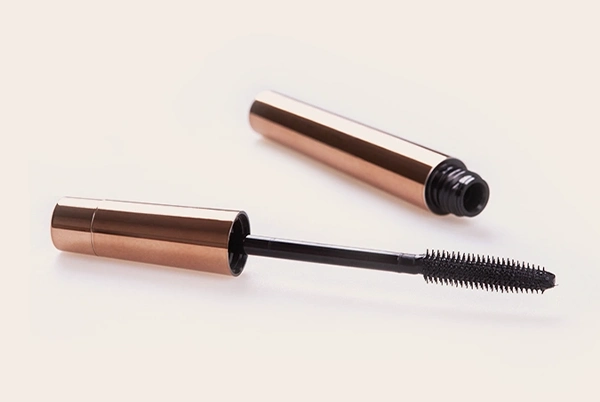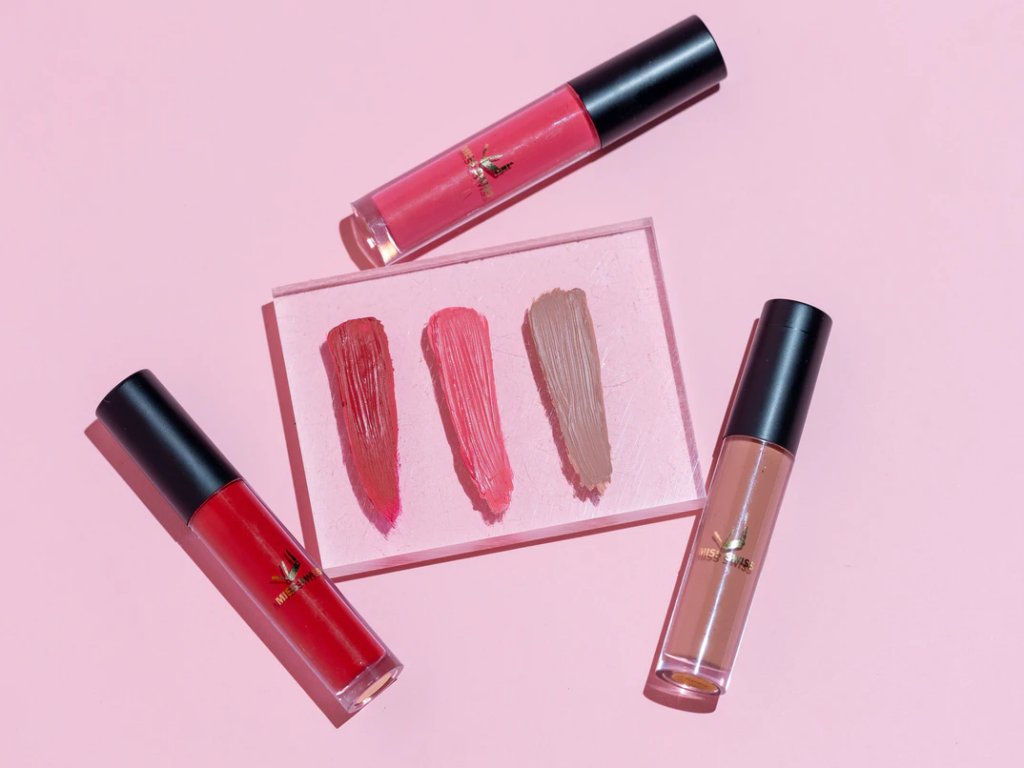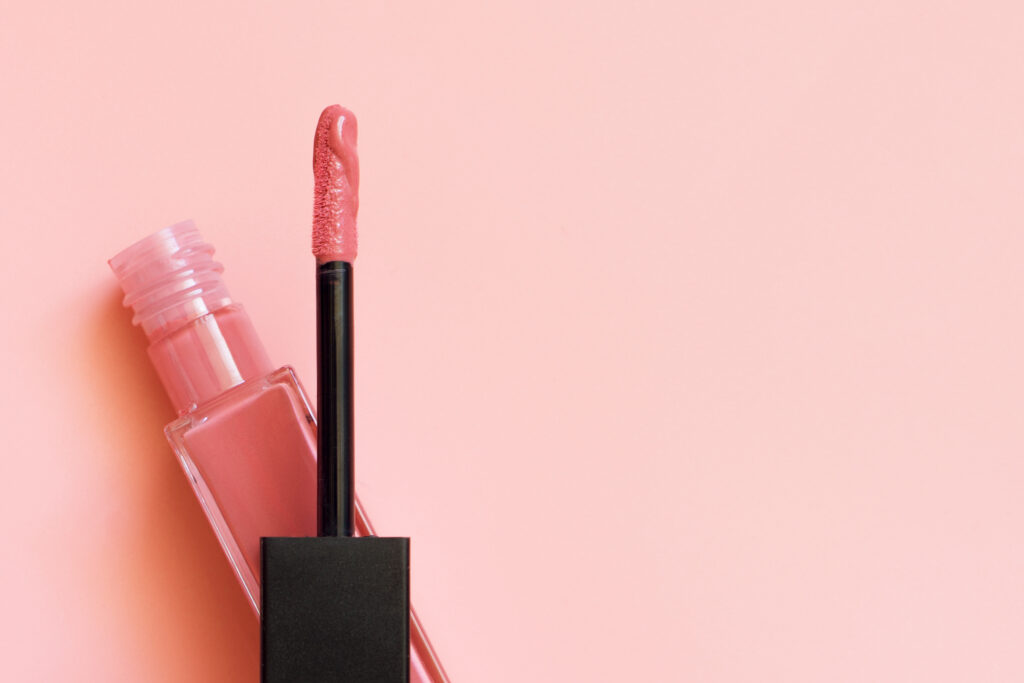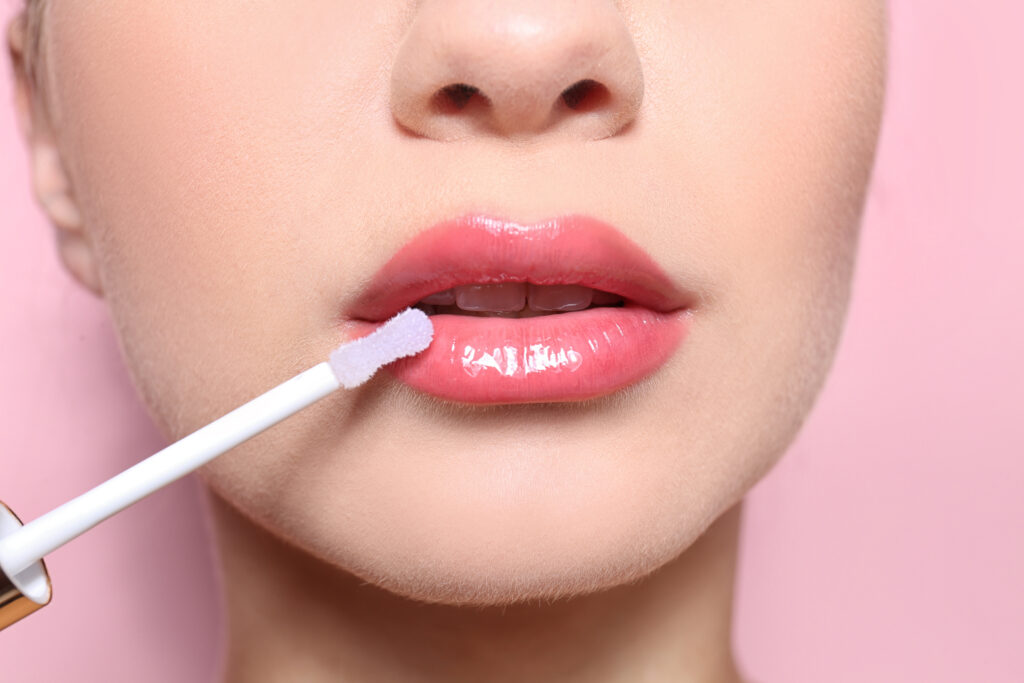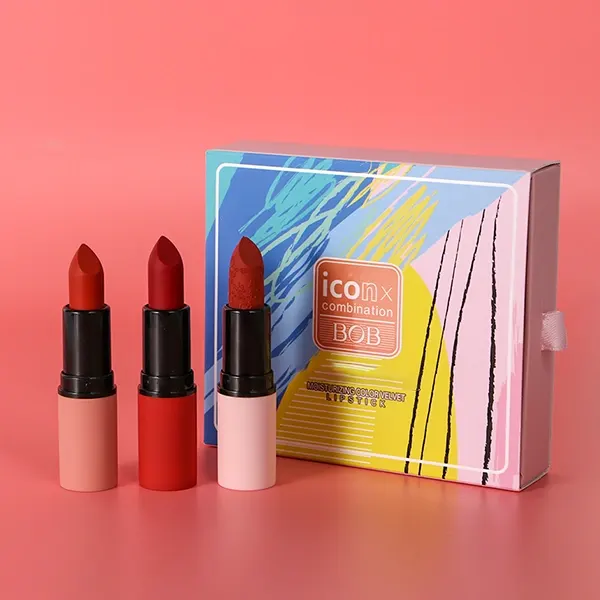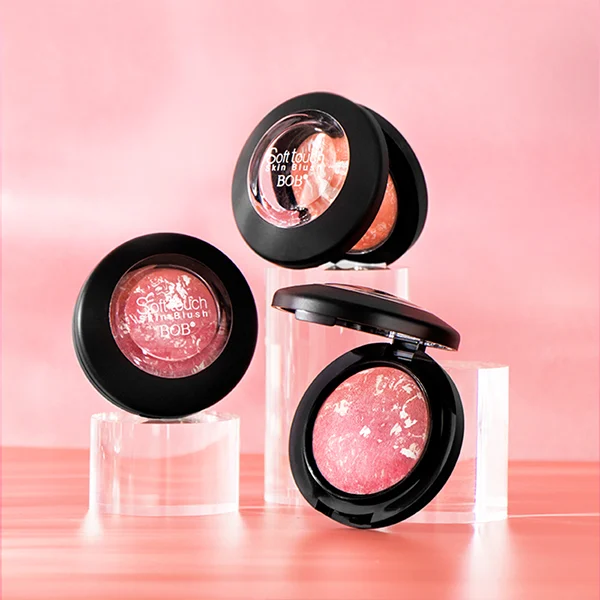Mascara is a staple in the beauty industry, loved by many for its ability to enhance and define the eyes. Однако, there has been controversy surrounding the ingredients used in mascara, with rumors circulating about the use of bat poop in mascara as a key component. В этой статье, we will delve into the truth behind these rumors and explore the fascinating world of mascara ingredients.
Тушь сделана из фекалий летучих мышей?

No! So what is mascara made of? In reality, modern-day mascaras are typically composed of a mixture of waxes, oils, pigments, and other ingredients that work together to lengthen, volumize, and darken the lashes. These ingredients are thoroughly tested by regulatory agencies to ensure they meet safety standards and are suitable for use on the delicate eye area.
The origins of the rumor linking mascara to bat poop can be traced back to a time when myths and superstitions were prevalent in society. Some people believed that the dark pigment in mascara was derived from the feces of bats, hence the association. Однако, this theory lacks any scientific basis and is simply a product of misinformation and misunderstanding.
So next time you reach for your favorite tube of mascara, rest assured that you are not smearing bat poop on your face. Instead, you are applying a carefully formulated product designed to enhance your lashes and make your eyes pop.
Common Ingredients in Mascara
Mascara contains a variety of key ingredients that work together to create its unique formula. These ingredients often include pigments, waxes, oils, and preservatives. Each ingredient plays a crucial role in determining the texture, цвет, and longevity of the mascara.
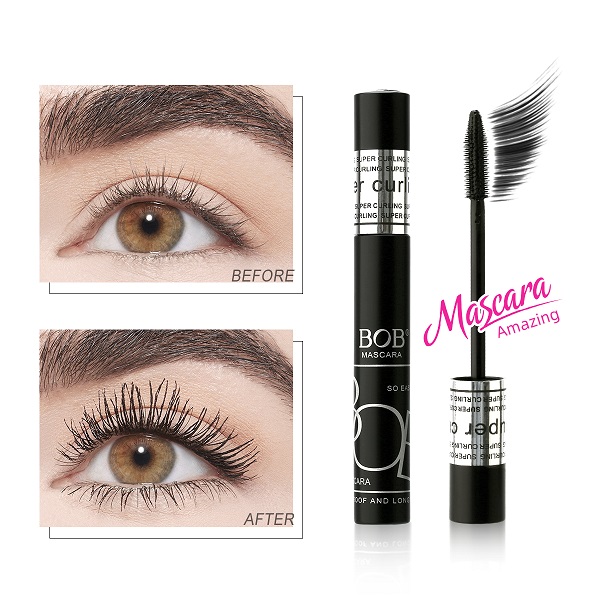
Пигменты
Pigments are crucial components in mascara formulations as they determine the color payoff and intensity of the product. By carefully selecting and blending pigments, cosmetic manufacturers can create a wide array of shades to cater to different preferences and trends. From classic black to vibrant blues and greens, pigments play a significant role in enhancing the overall aesthetic appeal of mascara.
Waxes
Waxes serve as essential binding agents in mascara, providing structure, volume, and consistency to the formula. Beeswax, for instance, is commonly used to create a creamy texture that glides smoothly onto lashes, while carnauba wax offers durability and long-lasting wear. The combination of various waxes helps mascara adhere to lashes effectively, resulting in a defined and voluminous look that lasts throughout the day.
Oils
Oils are another key component in mascara formulations, contributing to the conditioning and nourishment of the lashes. Ingredients such as jojoba oil, argan oil, or coconut oil help to hydrate and strengthen the lashes, preventing them from becoming dry and brittle. These oils not only improve the overall health of the lashes but also aid in the smooth application and effortless removal of mascara, ensuring a comfortable and hassle-free makeup experience.
Preservatives
Preservatives are essential in mascara to prevent the growth of harmful bacteria and ensure the product remains safe for use. By incorporating preservatives such as phenoxyethanol or ethylhexylglycerin, cosmetic manufacturers can extend the shelf life of mascara and maintain its efficacy over time. These preservatives also help to safeguard the product against contamination, preserving its quality and safety for consumers.
Animal-Derived Ingredients in Mascara

In the realm of mascara ingredients, there exists a spectrum of choices that include both animal-derived components, такой как beeswax and lanolin, as well as vegan and cruelty-free alternatives. While traditional mascaras may incorporate animal-derived substances sourced through ethical and sustainable means, the beauty industry has witnessed a notable surge in vegan and natural mascara that offer synthetic alternatives to cater to a growing demand for ethical and sustainable beauty practices.
Animal-derived ingredients like beeswax and lanolin have long been prized for their benefits in enhancing mascara formulas, providing structure, conditioning properties, and nourishment to the lashes. Однако, as awareness of animal welfare and environmental sustainability continues to rise, many consumers are opting for vegan and cruelty-free mascara options that exclude such animal-based substances.
The emergence of synthetic alternatives in mascara formulations presents a cruelty-free solution for those seeking to align their beauty choices with their ethical beliefs. By utilizing synthetic waxes, oils, and preservatives, vegan mascaras offer a viable option for individuals who prioritize animal welfare and environmental conservation in their makeup routines.
Alternative Mascara Formulas
Natural and vegan mascara options have gained popularity in recent years, catering to consumers who are conscious of the ingredients in their beauty products. These alternative formulas often contain plant-based ingredients such as aloe vera, coconut oil, or vitamin E. While traditional mascaras may offer long-lasting wear and intense pigmentation, natural and vegan formulas provide a gentler option for those with sensitive skin or allergies. The demand for cruelty-free cosmetics has prompted beauty brands to explore innovative alternatives to traditional mascara formulas, leading to a more diverse and inclusive market for consumers.
Заключение
В заключение, the rumors linking mascara to bat poop are simply a myth, perpetuated by misinformation and lack of understanding. Mascara is a carefully formulated beauty product that contains a blend of safe and regulated ingredients designed to enhance the natural beauty of the eyes. With a variety of options available, including natural, vegan, and cruelty-free formulas, consumers can choose a mascara that aligns with their values and preferences. By uncovering the truth behind mascara ingredients, we can make informed decisions about the products we use on our skin and contribute to a more ethical and sustainable beauty industry.


